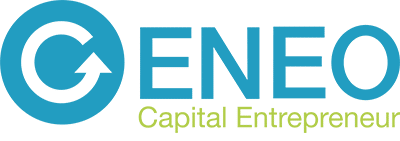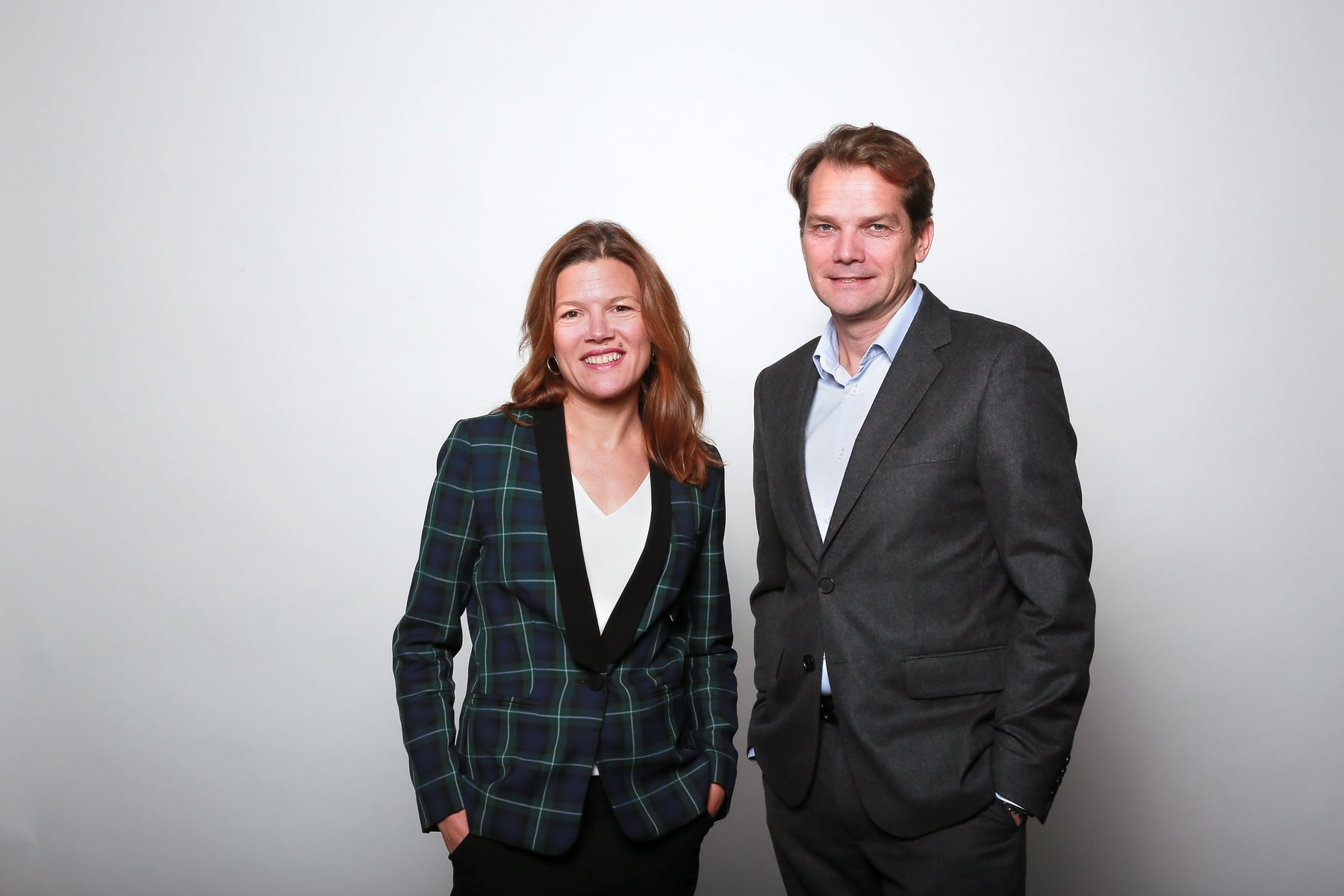OPINION. By avoiding the hectic pace of life of startups while giving people responsibility, mid-sized companies often offer a healthy environment for their employees. Their advantage: a long-term vision that allows them to promote a positive societal impact. By Fanny Letier and François Rivolier, co-founders of GENEO Capital Entrepreneur.
If we look at the statistics, everything smiles on the ETIs, the famous "intermediate-sized companies" with between 250 and 5000 employees. There are 5,400 of them in France, and although they represent only 0.2% of companies in France, they account for a third of exports, 20% of R&D expenditure and more than 100% of net job creation. In other words, they create more jobs than the others destroy.
A good life balance
Beyond the statistics, TVEs are above all bearers of hope. This hope is that of sustainable growth that will enable them to offer a fulfilling life to their employees. Of course, each company is unique and generalizations have their limits. But because of their size, these companies share commonalities. First of all, they have a history: often created more than 10 years ago, sometimes linked to a family adventure, they have a solid local and often international base. Moreover, they no longer need to prove themselves: to have reached this point, these companies have already proved that their business model is viable.
Far from the unbridled growth of startups seeking to "outgrow" their businesses, ETIs are therefore focused on the long term and can afford the luxury of sustainable growth. Sustainable financially, but also humanly. Work overload and unattainable objectives are not part of the culture of these companies. When a need arises, their reflex is to hire, while allowing everyone to keep a real meaningful role. This balanced living environment is a major asset in retaining their employees. One figure illustrates this: in 2020, the year of all concerns, the ETIs created 4700 more jobs than they destroyed. Over the same period, large companies cut 35,000 net jobs.
Covid-19: a challenge that creates opportunities
It is not easy to be a TWA. The health crisis has not made their daily lives any easier. The psychological health of employees has been put to the test, sometimes leading to inevitable burn outs. For the past two years, managers have been deploying unprecedented means to face this challenge: psychological support, regular communication with their teams, but also with their customers and suppliers. In these companies with a human face, the quality of the links is a key issue.
Despite reduced visibility due to the pandemic, TSEs have maintained their entrepreneurial spirit by adopting a leitmotiv: "despite everything, we are moving forward"! Cumulative investment by TSEs also continued to grow in 2020, reaching €4.9 billion compared to €4.5 billion in 2019. This desire to move forward is still valid, although the Omicron variant remains a factor of uncertainty. Thanks to their resilience, their ability to listen and, of course, the State's aid, the ETIs remain well-equipped to get through this crisis in good conditions.
This is not always the case for smaller companies, where the human challenge has been even greater. For many SME managers, the pandemic has been the "crisis of one too many": many of them now want to hand over their company. Unsurprisingly, the buyers are often managers of SMEs. Because by giving themselves the means to face this crisis, the ETIs have become stronger, and can already resume their external growth projects by integrating into their activity companies that also have a human face.
Positive impact, a sine qua non for the future of TIEs
However, growth is not the ultimate goal of TSEs. Well aware of their social and societal footprint, many of them have adopted CSR objectives and some are now going further, seeking to become positive impact companies. The most advanced companies in this field are those that have best weathered the health crisis, with committed employees who are attached to the meaning of their work and the virtues of their actions.
As soon as a company invests in a positive impact policy, its entire ecosystem changes, involving all its employees. Meaning and performance are reconciled: projects gain in ambition, products or processes become more innovative and investments increase.
This issue of positive impact is therefore becoming a key one for TSEs. Employees' demands on the meaning of their work are constantly increasing, which is a good thing. And it is by taking hold of these demands that TSEs will be able to continue to be what they are: formidable vectors of value creation turned towards the future.
Fanny Letier and François Rivolier

